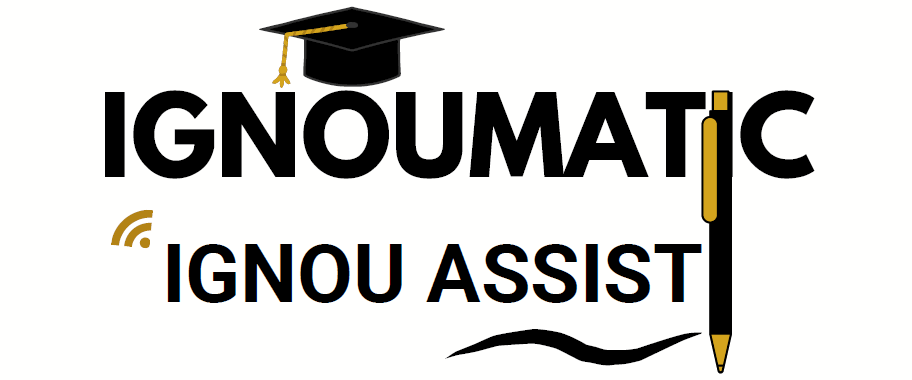Development is a complex, multifaceted concept that has different meanings depending on the perspective from which it is viewed. The idea of development has evolved significantly over time, and its definition varies across different disciplines, contexts, and societal needs. At its core, development refers to processes that improve the quality of life, enhance well-being, and foster the growth of individuals, societies, and economies. However, the way it is understood and pursued can vary based on political ideologies, economic systems, social conditions, and individual values. Thus, development can mean different things to different people, and these varying perspectives have profound implications for policymaking, social progress, and global collaboration.
Economic Perspective on Development
From an economic standpoint, development is often equated with economic growth. Economists typically define development in terms of increases in Gross Domestic Product (GDP), per capita income, and industrial output. In this view, development means improving the overall economic performance of a nation, which is believed to lead to a higher standard of living, increased employment opportunities, and more efficient use of resources.
- Growth-Oriented Development: For policymakers and economic planners, development might focus on achieving high growth rates, attracting foreign investment, and expanding infrastructure. This approach emphasizes the importance of free markets, capital accumulation, and technological progress.
- Challenges of Economic Perspective: However, this view often overlooks social inequalities, environmental degradation, and the distribution of wealth. Critics argue that GDP growth does not necessarily lead to improvements in the lives of the poor and marginalized, and may even exacerbate disparities within and between countries.
Social Perspective on Development
From a social perspective, development is about the enhancement of social well-being. This includes access to education, healthcare, social security, gender equality, and the eradication of poverty. Social development focuses on improving the quality of life for individuals and communities, ensuring that development benefits all members of society.
- Human Development: Scholars like Amartya Sen have popularized the concept of human development, which shifts the focus from economic growth to human well-being. Sen’s capability approach emphasizes individuals’ ability to live the kind of life they value, focusing on factors such as education, health, and access to basic services.
- Inclusive Development: Social development advocates for policies that address the needs of the marginalized and vulnerable groups, such as the poor, women, minorities, and disabled persons. In this view, development is a holistic process that seeks not just economic growth, but also social justice and the removal of barriers to opportunity.
Political Perspective on Development
From a political standpoint, development often involves empowerment, the creation of participatory governance structures, and the establishment of democratic processes. For political theorists, development is about the distribution of power and ensuring that all individuals, particularly those from disadvantaged groups, can have a say in decisions that affect their lives.
- Democratic Development: Political development emphasizes democratization, human rights, and the strengthening of institutions that ensure accountability and transparency. In this view, development means giving people the tools to actively participate in shaping the policies that govern them.
- State Intervention: From the viewpoint of some political ideologies, such as socialism or welfarism, development requires significant state intervention in the economy and society to address inequalities and provide a safety net for all citizens.
Environmental Perspective on Development
From an environmental perspective, development involves sustainable practices that balance economic growth with the protection of the environment. This viewpoint is grounded in concerns about climate change, resource depletion, and the degradation of ecosystems. Environmentalists argue that true development cannot be achieved without considering the long-term impact on natural resources and the planet.
- Sustainable Development: The Brundtland Report (1987) introduced the concept of sustainable development, which is development that meets the needs of the present without compromising the ability of future generations to meet their own needs. Sustainable development seeks to integrate economic growth, social inclusion, and environmental protection in a manner that ensures long-term well-being for all.
- Green Development: This approach focuses on green technologies, renewable energy, and eco-friendly practices that reduce the ecological footprint of human activity while promoting economic growth and social welfare.
Cultural Perspective on Development
From a cultural perspective, development is about the preservation and promotion of cultural identity and values. Cultural development recognizes the importance of cultural heritage, language, and the arts in shaping the identity of individuals and communities. For many, development means the preservation of their way of life, including cultural traditions, beliefs, and practices, alongside modern progress.
- Cultural Autonomy: For indigenous and local communities, development is not solely about economic growth or social welfare. It is also about cultural autonomy, ensuring that their traditional ways of life are respected and preserved amidst globalization and modernization.
- Cultural Globalization: On the other hand, globalization has led to concerns about the homogenization of cultures, where dominant cultures overshadow or erase minority cultures. In this context, cultural development involves cultural resilience and the protection of indigenous practices.
Conclusion: Development as a Multifaceted Concept
In conclusion, development means different things to different people because it encompasses a wide range of goals, values, and priorities. For some, it is about economic growth and material prosperity; for others, it is about social equality and the improvement of human capabilities. Some view development through the lens of political empowerment, while others focus on environmental sustainability or the preservation of cultural heritage. This diversity of perspectives reflects the complexity of development and highlights the challenges in formulating policies that can meet the varied needs and aspirations of different individuals and communities.
The concept of development is ultimately shaped by context and perspective. It requires a holistic approach that balances economic, social, political, environmental, and cultural dimensions. In a rapidly changing world, the definition of development will continue to evolve, but its core focus should always remain on improving the quality of life for all people, especially the marginalized, while ensuring the sustainability of the planet.
